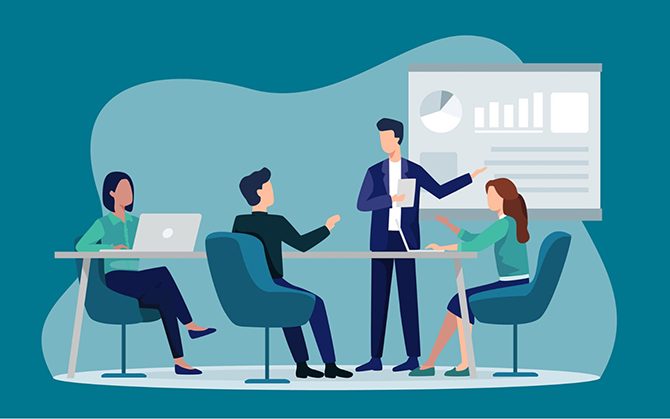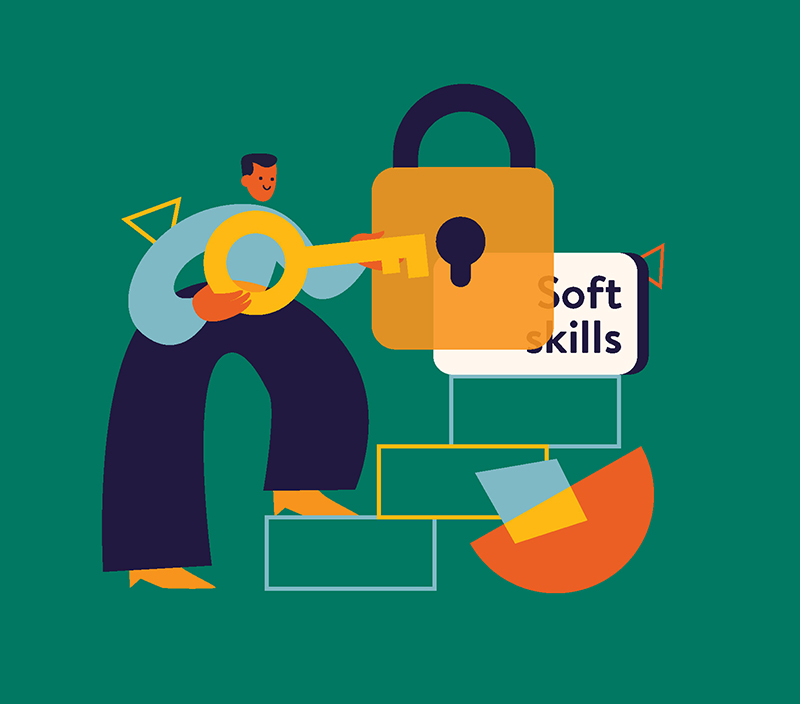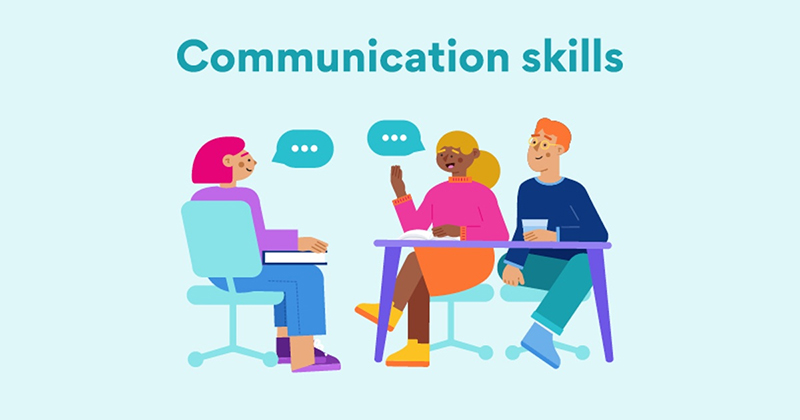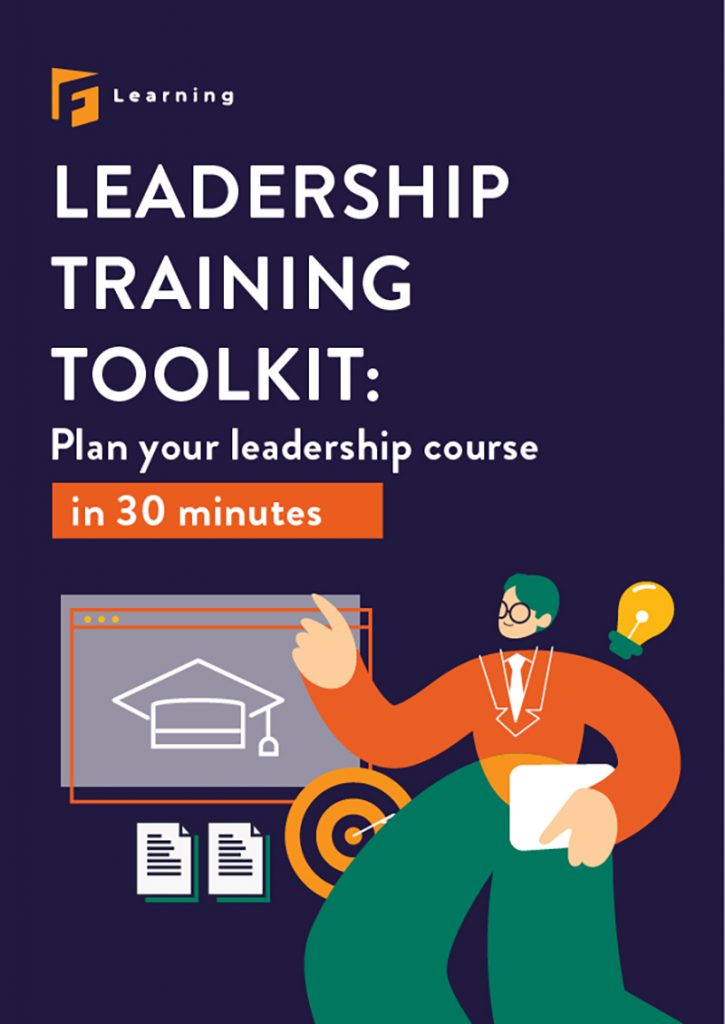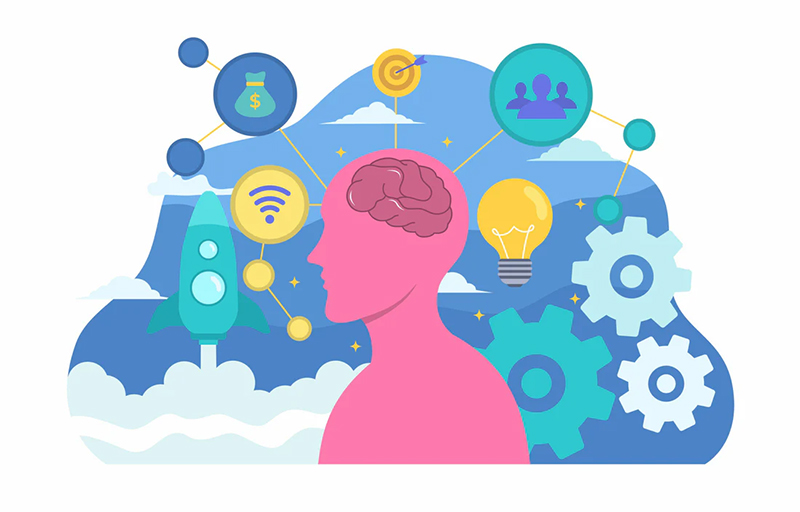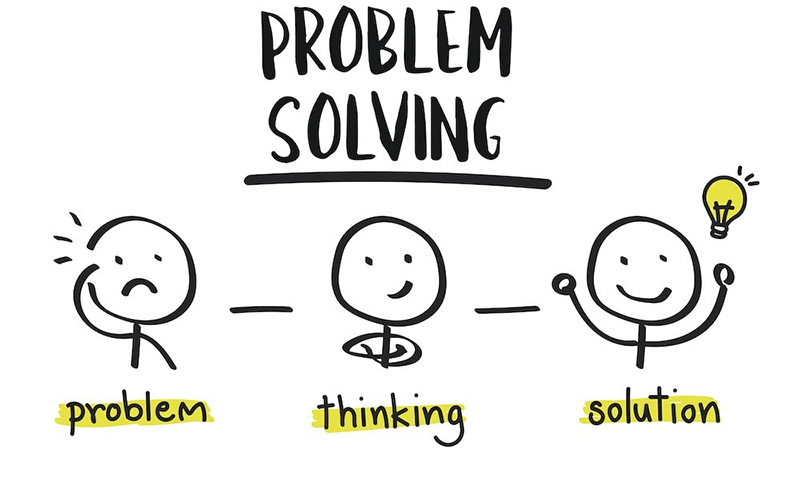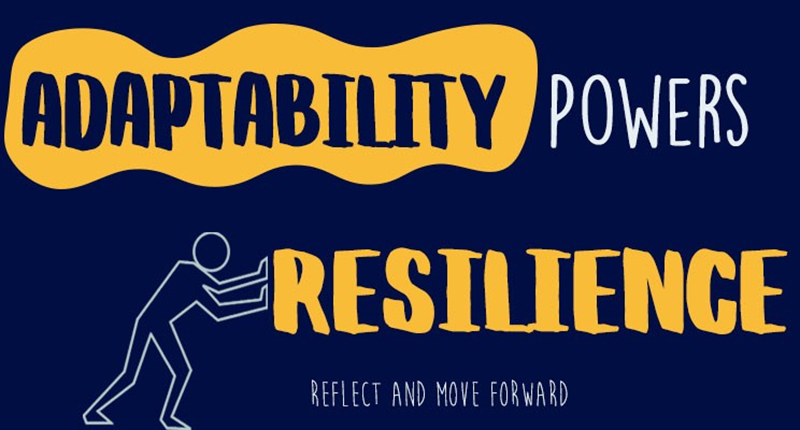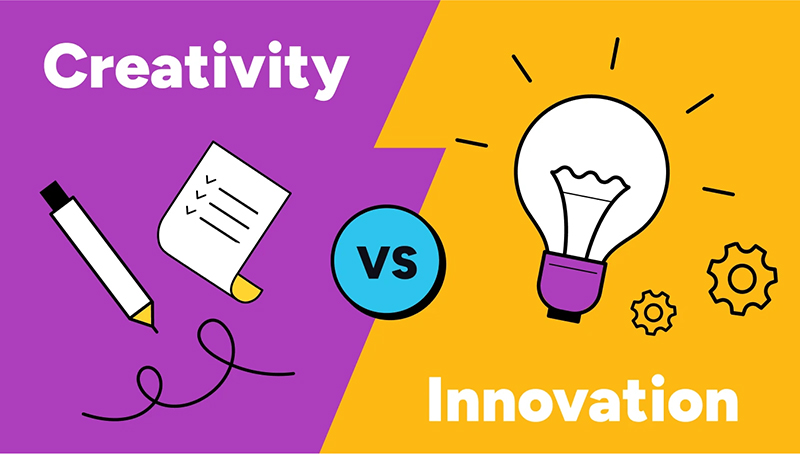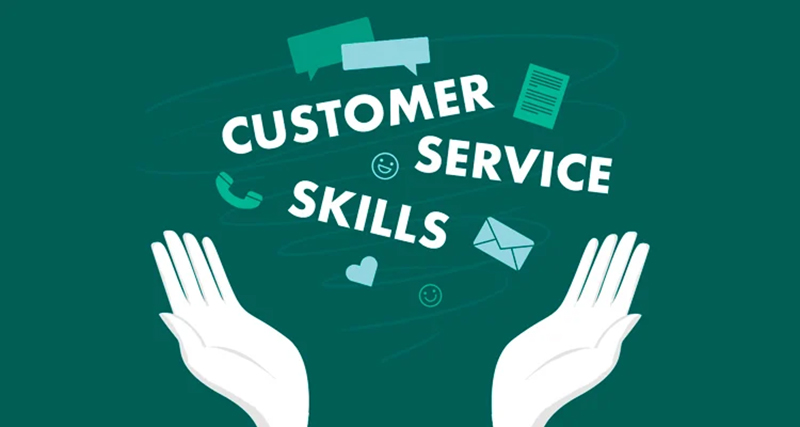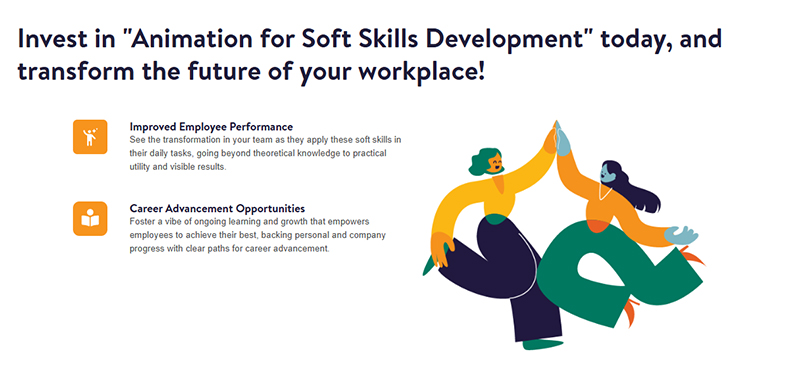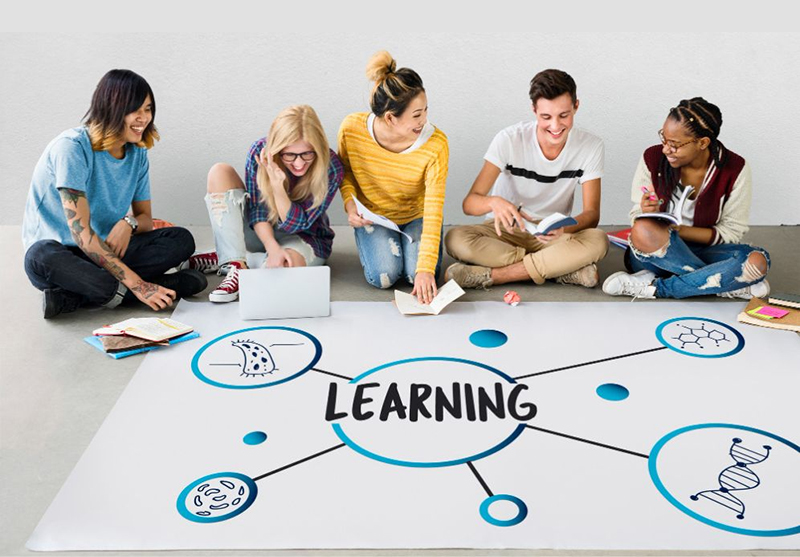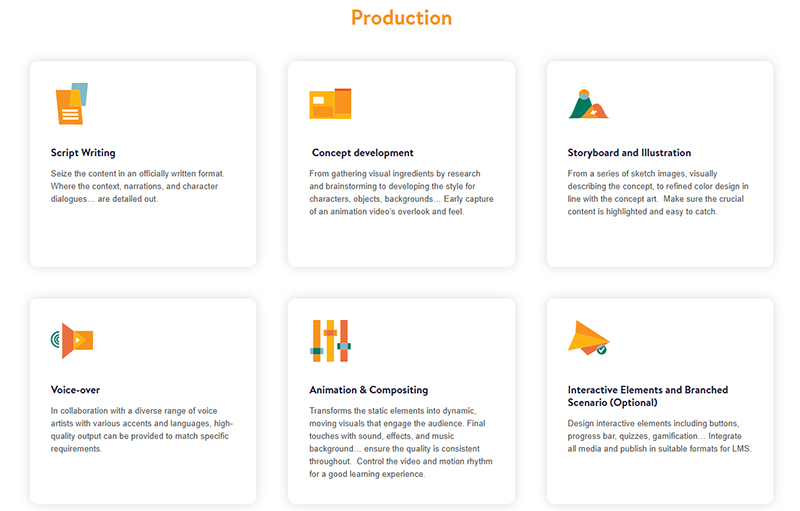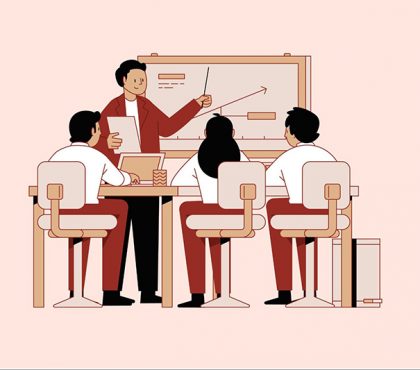Soft skills training topics for corporate are no longer a “nice-to-have” – they’re essential for survival in today’s fast-paced business landscape. Are you struggling with communication gaps, unproductive teamwork, or leadership voids? You’re not alone.
These challenges don’t just hinder individual growth; they cost businesses time, money, and opportunities. Discover the 12 must-have soft skills that can transform your workforce into a powerhouse of collaboration, innovation, and success. Curious? READ NOW!
Why Corporate Soft Skills Training in the Workplace Is Important
According to MIT Sloan’s study, soft skills training benefits employees and brings substantial ROI to your organization. Notably, a 12-month soft skills training trial, including decision-making and problem-solving, has brought around 250% ROI within eight months.
Below is how soft skill development training benefits both employees and your business.
- Boost workplace collaboration: Strong interpersonal skills foster better communication and teamwork, leading to smoother project execution.
- Strengthen employee engagement: Soft skills training equips employees with the tools to build strong relationships, resolve conflicts, and collaborate effectively, leading to increased job satisfaction and engagement.
- Drive innovation: Creativity and critical thinking empower employees to propose fresh ideas and solve complex challenges.
- Increase client satisfaction: Improved communication and empathy enable employees to build better relationships with clients.
- Reduce workplace conflict: Conflict management and active listening help resolve disputes and maintain a positive work environment.
- Boost overall productivity: A workforce skilled in time management and teamwork delivers higher-quality results efficiently.
Top 12 In-demand Soft Skills Training Topics for Corporate
Here’s a glance at the top 12 in-demand soft skills that every corporate professional needs.
| No. | Soft Skill Topic | Suitable for |
| 1 | Communication Skills | All professionals; ideal for leaders, sales teams, and customer-facing roles. |
| 2 | Leadership Skills | Managers, team leads, executives, and aspiring leaders. |
| 3 | Teamwork and Collaboration | Teams of all sizes, especially for cross-functional teams and remote teams. |
| 4 | Emotional Intelligence (EQ) | Managers, customer service, healthcare professionals, and HR teams. |
| 5 | Time Management | All employees; are especially beneficial for project managers and those with high workloads. |
| 6 | Problem-Solving Skills | Problem-solving roles, project managers, and leaders in dynamic environments. |
| 7 | Adaptability and Resilience | Professionals in fast-paced industries, change management roles, and start-ups. |
| 8 | Creativity and Innovation | Marketing teams, product developers, designers, and R&D professionals. |
| 9 | Conflict Resolution | HR teams, managers, and customer service teams dealing with disputes. |
| 10 | Presentation Skills | Sales professionals, leaders, and anyone involved in public speaking or pitching. |
| 11 | Critical Thinking | Leaders, analysts, strategists, and decision-makers in all sectors. |
| 12 | Customer Service Skills | Customer service representatives, retail employees, sales staff, and client managers. |
Now that you’ve seen the big picture, let’s dive deeper into these essential soft skills. Discover why they matter, their impact on corporate success, and the key competencies your team can develop!
1. Communication Skills
Description: Training on verbal, non-verbal, and written communication techniques to enhance mutual understanding and convey messages effectively across diverse audiences.
Why this Matters: Poor communication is one of the primary causes of workplace inefficiency. Enhancing communication reduces misunderstandings, fosters trust, and ensures teams operate smoothly.
Key Competencies in Communication Skills:
- Active Listening: Ensuring focus on understanding, not just hearing.
- Effective Articulation: Presenting ideas clearly and concisely.
- Adapting to the Audience: Modifying language and tone based on the listener’s background and context.
2. Leadership Skills
Description: Building the ability to guide, motivate, and influence teams while aligning individual efforts with organizational objectives.
Why this Matters: Strong leadership creates a vision, inspires teams, and steers organizations toward success. Effective leaders are the backbone of corporate culture and growth.
Key Competencies in Leadership Skills:
- Strategic Decision-Making: Making informed choices under pressure.
- Empowerment through Delegation: Assigning tasks to grow team autonomy.
- Conflict Resolution: Addressing issues constructively while maintaining morale.
Ready to develop a top-notch leadership training course? Download F.Learning Studio’s free ebook: Leadership Training Toolkit: Plan Your Course in Just 30 Minutes for step-by-step guidance and actionable tips to get started quickly!:
3. Teamwork and Collaboration
Description: Equipping employees to work cohesively within diverse teams to achieve shared goals.
Why this Matters: High-performing teams leverage diverse strengths, solve problems faster, and foster innovation through collaboration.
Key Competencies in Teamwork Skills:
- Building Trust: Establishing reliability and rapport within teams.
- Effective Group Dynamics Management: Handling conflicts and ensuring inclusivity.
- Contributing to Collective Goals: Aligning personal tasks with team objectives.
4. Emotional Intelligence (EQ)
Description: Training employees to recognize, understand, and manage their emotions while empathizing with others.
Why this Matters: Emotional intelligence reduces workplace conflicts, builds stronger relationships, and empowers leadership. High EQ is pivotal in client-facing roles and team management.
Key Competencies in Emotional Intelligence:
- Self-Awareness: Recognizing one’s emotional triggers and responses.
- Empathy: Understanding and valuing others’ perspectives.
- Emotion Regulation: Staying composed during stress or conflict.
5. Time Management
Description: Teaching methods for planning, prioritizing, and executing tasks effectively to meet deadlines.
Why this Matters: Mastering time management leads to higher productivity, reduced stress, and an improved work-life balance.
Key Competencies in Time Management:
- Prioritization Techniques: Distinguishing urgent tasks from less critical ones.
- Setting Achievable Goals: Using SMART (Specific, Measurable, Achievable, Relevant, Time-Bound) criteria.
- Overcoming Procrastination: Identifying root causes and applying solutions like the Pomodoro Technique.
6. Problem-Solving Skills
Description: Empowering employees with strategies to assess challenges, identify root causes, and generate effective solutions.
Why this Matters: Strong problem-solving abilities streamline operations, mitigate risks, and foster innovation in dynamic work environments.
Key Competencies in Problem-Solving:
- Analytical Thinking: Breaking down problems systematically.
- Creative Thinking: Brainstorming unconventional yet practical solutions.
- Actionable Decision-Making: Balancing risks and rewards for sound conclusions.
7. Adaptability and Resilience
Description: Preparing employees to navigate changes, overcome setbacks, and thrive in uncertain situations.
Why this Matters: Resilient teams sustain productivity during disruptions, while adaptability fosters innovation and continuous learning.
Key Competencies in Adaptability:
- Flexibility: Adjusting to new roles, tools, or environments seamlessly.
- Stress Management: Maintaining mental and emotional well-being.
- Rapid Learning: Acquiring new skills to meet emerging challenges.
8. Creativity and Innovation
Description: Encouraging innovative thinking and the capacity to convert fresh ideas into actionable results.
Why this Matters: In a fast-evolving market, creativity fuels innovation, helping businesses differentiate themselves and remain competitive.
Key Competencies in Creativity:
- Brainstorming Skills: Generating diverse and original ideas.
- Divergent Thinking: Exploring multiple approaches to problem-solving.
- Practical Implementation: Translating concepts into successful outcomes.
9. Conflict Resolution
Description: Teaching techniques to manage workplace disagreements constructively and foster harmony.
Why this Matters: Effective conflict resolution ensures team cohesion, reduces tension, and maintains focus on organizational objectives.
Key Competencies in Conflict Resolution:
- Active Listening: Fully understanding all perspectives before responding.
- Negotiation Skills: Finding mutually beneficial solutions.
- Mediation Strategies: Acting as a neutral facilitator in disputes.
10. Presentation Skills
Description: Training employees to deliver engaging presentations that resonate with their audience and drive impactful communication.
Why this Matters: Good presentation skills boost individual confidence, enhance organizational visibility, and persuade stakeholders effectively.
Key Competencies in Presentation Skills:
- Storytelling: Weaving narratives to captivate and inform.
- Effective Use of Visuals: Employing slides and infographics to reinforce key points.
- Audience Engagement: Encouraging participation through Q&A or interactive techniques.
11. Critical Thinking
Description: Enhancing the ability to evaluate information, identify patterns, and make well-reasoned decisions.
Why this Matters: Critical thinking ensures employees assess situations accurately, reducing errors and enhancing problem-solving efficiency.
Key Competencies in Critical Thinking:
- Logical Analysis: Breaking complex data into understandable elements.
- Objective Evaluation: Setting biases aside when forming judgments.
- Risk Assessment: Considering possible outcomes before implementing solutions.
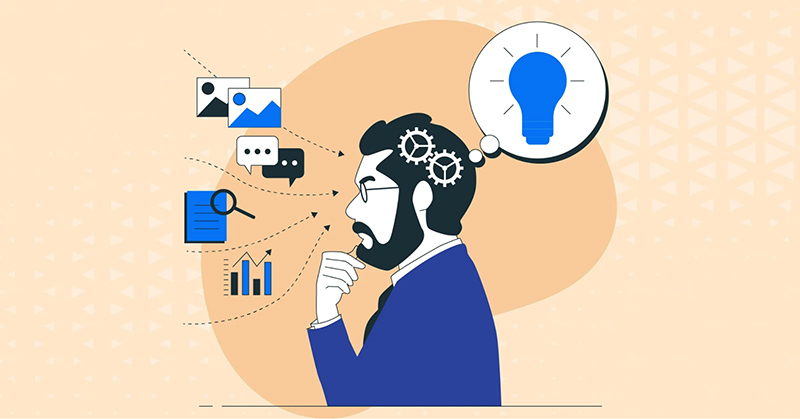
12. Customer Service Skills
Description: Training employees to handle client interactions with professionalism, empathy, and efficiency.
Why this Matters: Exceptional customer service fosters loyalty, enhances reputation, and drives revenue growth.
Key Competencies in Customer Service Skills:
- Empathy: Understanding and addressing customer needs.
- Complaint Handling: Turning negative experiences into positive resolutions.
- Clear Communication: Ensuring customers feel informed and valued.
Want to boost your employee’s performance with personal development training? Check our guide.
TOP 5 Recommended Ways to Deliver Soft Skills Training for Employees
Now that we’ve identified the top 12 in-demand soft skills, the next challenge is to deliver effective training that addresses the unique nature of these skills. Unlike technical skills, soft skills are often intangible and challenging to measure. Here are 6 proven methods to deliver impactful soft skills training that empowers your team and drives real-world impact.
1. Online Learning (eLearning)
Description: Online learning has become one of the best ways to deliver soft skills training. It offers unparalleled flexibility and scalability, making it an ideal choice for organizations aiming to train large teams efficiently.
How it works: Interactive modules, video animations, and gamified content engage employees while allowing them to learn at their own pace. Platforms like LMS or mobile apps make tracking progress seamless.
Benefit: It enables consistent delivery of content across locations, reduces training costs, and boosts learner engagement. With tools like animation, eLearning simplifies complex topics and makes learning enjoyable.
We assist I&V’s Leadership Training Programs in utilizing the training materials available for online learning
If you’re searching for a top-of-mind partner to create skill development animation eLearning videos, F.Learning Studio is the ideal choice. From crafting engaging animations to delivering interactive learning experiences, we specialize in turning your vision into reality. Stay tuned until the end of this article, where we’ll reveal more about how F.Learning Studio can elevate your training programs to the next level!
2. Live Interactive Workshops
Description: These in-person or virtual workshops focus on real-time interaction and immediate feedback, making them a powerful tool for developing interpersonal skills.
How it works: Experienced facilitators guide employees through role-playing, group discussions, and case studies tailored to the company’s objectives.
Benefit: Workshops promote direct communication and foster a collaborative learning environment, allowing participants to practice skills in real-world scenarios.
3. Coaching or Mentoring
Description: One-on-one coaching or mentoring creates a personalized learning experience that targets specific employee needs.
How it works: Experienced coaches or mentors work closely with employees to identify skill gaps, set development goals, and provide actionable feedback. Sessions can be conducted face-to-face or virtually.
Benefit: This method enhances confidence and boosts career growth by offering tailored guidance and accountability.

4. Social Learning
Description: Social learning leverages peer interactions, discussions, and shared experiences to enhance soft skills like teamwork and emotional intelligence.
How it works: Employees learn through social platforms, forums, or internal networks where they can share ideas, collaborate on tasks, and solve problems together.
Benefit: It fosters a culture of collaboration and continuous learning, making it easier for employees to integrate new skills into their day-to-day roles.

5. Peer Learning
Description: Peer learning encourages employees to learn from one another by sharing insights, knowledge, and best practices.
How it works: Team members participate in group sessions, buddy systems, or cross-functional training where they teach and learn from each other.
Benefit: This approach strengthens team dynamics and creates a supportive environment for learning, fostering mutual respect and trust among employees.
Transform Your Corporate Soft Skills Training with F.Learning Studio’s Animated eLearning!
Cost-Effective Soft Skills Training Solutions
Providing effective soft skills training doesn’t have to break the budget. At F.Learning Studio, we prioritize efficiency, offering solutions that minimize costs without compromising quality. Animated eLearning is an affordable alternative to traditional training methods, eliminating venue and instructor fees while maximizing scalability.
Still not sure which is the best option for your current budget?
Tailor-made Content Conducted by Our LnD Professionals for Your Program
Your training program deserves content that’s as unique as your business. F.Learning Studio offers tailor-made solutions, guided by our Learning and Development (L&D) professionals, to align perfectly with your objectives.
From free consultations to learning design and free content preparation, we ensure a smooth and convenient working process. Our team is here to support you every step of the way, helping you build a corporate training program that drives real results.
Engaging and Customizable Animated Videos
Keep your employees engaged with highly interactive and visually captivating content. Our animated videos are designed to hold attention, increase participation, and improve information retention. F.Learning Studio provides a wide range of services, including:
- Free Animation Demo: Get a glimpse of how your content will come to life.
- Video Production: High-quality animations tailored to your training goals.
- Interactive Design: Foster active learning with gamified and interactive features.
- Graphic Design: Deliver visually appealing materials that resonate with your audience.
We also specialize in interactive course design, incorporating dynamic tools like branching scenarios – a key feature in soft skills training. These scenarios immerse learners in real-world situations, encouraging decision-making and critical thinking. With F.Learning Studio, you can transform traditional training into an engaging and impactful experience.
Case Study: We Helped Dfusion Turn Autism Education Challenges into Engaging Animated Learning
When Dfusion sought to expand their resources for young adults on the autism spectrum, they needed engaging, budget-friendly training materials that addressed communication and independent living skills. They faced unique challenges, including creating content tailored to the specific needs of autistic learners.
F.Learning Studio delivered a customized solution with animated videos featuring branching scenarios and simplified designs to minimize distractions. By addressing learning gaps and staying within budget, F.Learning helped Dfusion create impactful resources that enhanced engagement and learning outcomes for its audience.
Final Words
Soft skills aren’t just a checkbox on a training agenda – they drive a company’s success. For soft skills training topics for corporate, it’s crucial to focus on areas that empower employees to communicate effectively, lead confidently, and collaborate seamlessly. These skills bridge the gap between potential and performance, transforming individuals into impactful contributors.
At F.Learning Studio, we specialize in creating animated eLearning content development tailored to your company’s unique needs. From free consultations to custom video production, we provide end-to-end support to make soft skills training impactful and engaging.
Contact us today and let’s turn your training ideas into powerful learning experiences!
- Email: [email protected]
- Fanpage: https://www.facebook.com/f.learningstudio
- Website: https://flearningstudio.com/
- LinkedIn: https://www.linkedin.com/company/f-learning-studio/

Sean Bui, the founder and creative director of F.Learning Studio, is a respected leader in the e-learning and multimedia production industry. With over 10 years of experience, he has dedicated his career to helping organizations create engaging and impactful learning experiences.
Under his leadership, F.Learning Studio has grown into a trusted partner for organizations in the education, healthcare, and corporate training sectors, producing over 2,000 minutes of educational animation.

